Design, build, and innovate at ASU London — where UK and US engineering excellence meet. Earn a bachelor’s and master’s in just four years and launch your global electrical and electronic engineering career. More choices, bigger opportunities with post-study work options for you to begin your career, including up to three-year visa options in the US.
Electrical and Electronic Engineering (EEE) is at the heart of the systems that power our world and connect our societies, from smart grids and renewable energy to AI-enabled devices, communications networks and future data centres. This degree programme equips you with the knowledge, creativity and professional skills to design, build and manage the technologies that underpin a sustainable, intelligent future.
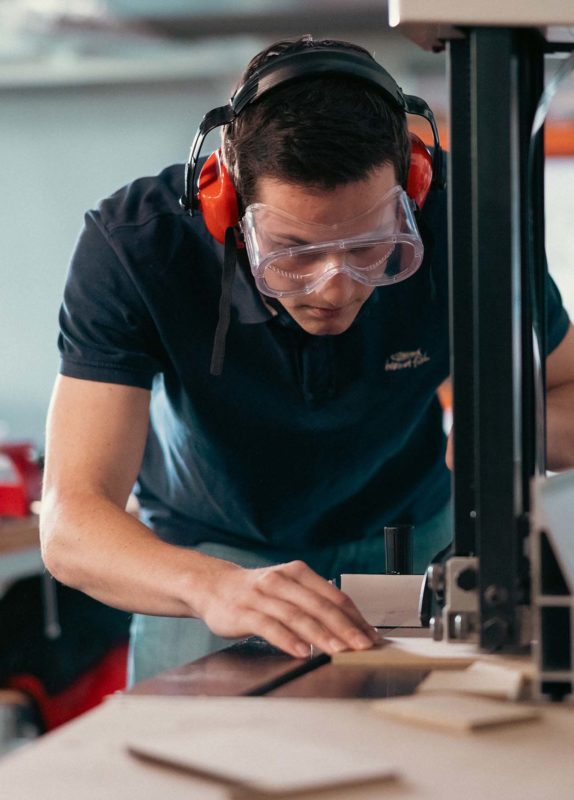
Looking for an accelerated way to earn two powerful degrees and launch your international career? ASU London offers students a UK-accredited degree enhanced by the globally recognised curriculum of Arizona State University, ranked the #1 most innovative university in the US for 11 consecutive years (2016-2026) by U.S. News & World Report, with US master’s degree pathways integrated directly into your programme.
Accelerate your future and graduate with both a bachelor's and a master's degree in just 4 years, saving time and expense. And, your pathway to the US is guaranteed if you meet entry requirements.
Study across both the UK and US and double your career connections and prospects. If you want global opportunities for a career, this is your perfect place to start.
With practical, real-world learning and problem-solving to gain valuable professional skills, every ASU London degree is inspired by the university ranked #1 in the US for innovation by U.S. News & World Report for 11 years running.
Earn a degree shaped by innovation, technology, and AI, designed to better prepare you for the careers of today and the future.
Study in London. Study in the US. Earn two degrees and double your experience in two of the world’s most exciting places to learn and live.
Earn a master’s from Arizona State University and tap into over one million alumni, 650+ global industry partners - including EY, Amazon, Apple, Intel, Microsoft, NVIDIA, Boeing, and Goldman Sachs - plus strong UK collaborations for global career opportunities.
Graduates from Bachelor of Engineering (BEng) in Electrical and Electronic Engineering can progress to Arizona State University and complete a Masters in Electrical Engineering, MS. Discover why Arizona State University’s master’s degrees are recognised among the world’s best W. P. Carey School of Business | Arizona State University.
If you choose not to study your master’s degree, once you graduate from ASU London with a Bachelor’s in Electrical and Electronic Engineering, you’ll be well-equipped to pursue roles in rapidly evolving sectors such as renewable energy, transport, communications and smart infrastructure.
Potential careers available to graduates:
You’ll be solving problems, designing products, and making big decisions as part of a team.
You’ll dig into the fundamentals of solid mechanics, materials science, and manufacturing but you won’t just study them. You’ll use them. You’ll choose materials, model your design with Computer Aided Design (CAD) software, run stress tests, and figure out how to make it – all while thinking about quality, cost, flexibility, safety, ethics, and sustainability.
Along the way, you’ll build serious skills in CAD, stress analysis, and design thinking. Get better at presenting ideas, working with others, and backing up your decisions with solid reasoning. Expect to be challenged, to inspire others, supported, and maybe even surprised by what you can create, break or make.
It’s fast-paced, practical, and packed with the kind of experience that makes you stand out. This is engineering the way it should be, hands-on, real-world, and all about bringing your ideas to life.
You’ll start by building up your fundamental skills of dynamics, and develop your proficiency in modelling and simulation, along with your programming skills. No need to be an expert – we’ll help you get comfortable using programming tools like MATLAB to create smart, effective solutions. Exploring how motion, forces, and energy interact in physical systems, and how to simulate all of that with code.
You’ll work in a team to take on a real-life engineering scenario. Together, you’ll design, build, and present a working simulation, explaining your approach and showing off the code behind it.
By the end, you’ll be able to think like an engineer, build digital models of physical systems, and make decisions based on real life data. You won’t just understand the theory, you’ll put it into action. It’s hands-on, fast-moving, and focused on the kind of skills you’ll use in your future career.
Get ready to take control (literally) as you explore the world of smart systems. Learn how sensors, actuators, and control systems work together to bring machines and devices to life. Analyse how machines sense, react, and make decisions. Design and simulate control systems, the kind that keep robots balanced, cars on course, and industrial systems running smoothly.
Using industry software such as MATLAB/Simulink and microcontroller platform (e.g. Arduino), you’ll build simulations, analyse system responses, and design control strategies. Through structured coding exercises and practical workshops, you’ll get comfortable working with feedback systems, transfer functions, and system stability.
By the end, you’ll be able to model dynamic systems, design and test controllers, and understand the role of sensors and actuators in smart, automated solutions. It’s a practical, project-based experience built around real tools and real challenges.
Undertaking a design challenge, you’ll demonstrate your leadership and impact in engineering. Working on a real-life global challenge, underpinned by the UN Sustainability Goals, you’ll cover environmental, ethical, commercial, social, governance and cultural aspects of engineering.
Reflecting on your strengths and contributions, you’ll develop your teamwork, research, communication and problem-solving skills. These key skills are important for developing your professionalism as an engineer.
All modules are subject to change and availability. If a module changes after you have been made an offer, you’ll be notified before you start your course.

This is where your ideas meet action. You’ll immerse yourself in a team project with a real-world brief designing a product, system, or process that solves a genuine challenge. It’s not just about what you build it’s how you plan, research, test, and deliver something that works.
You’ll dig into how research fuels innovation. That means learning how to ask the right questions, gather evidence, and build a strong case for your solution. You’ll plan your project, manage change, deal with setbacks, and learn how to keep things moving when everything gets messy, just like in real engineering.
Ecological Structures gives you an opportunity to work like a professional engineer, analysing, testing, and pitching solutions to a real-world challenge. You’ll take on the role of a consultancy team, tackling a project brief that pulls together structural analysis, thermodynamics, and environmental impact. Think things like Electric Vehicle (EV) chassis design or modular building systems – the technology that shapes tomorrow’s world.
You’ll get hands-on with advanced tools like finite element analysis (FEA) to test how your structure performs under stress and explore how heat flows through your design. Then you’ll dig deep into the sustainability side, using Life Cycle Assessment to weigh up the impact of your materials and choices from start to finish.
This isn’t just about getting the maths right – though you’ll do that too. It’s about thinking smart, solving complex problems, and finding ways to make your design adaptable, efficient, effective, and environmentally responsible. Every week you’ll build your skills through focused sessions and use them straight away on your project. It’s collaborative, technical, and built to give you the experience that matters.
Ready to turn messy data into smart decisions? Here, you’ll take on the role of a data detective diving into real industrial data to uncover insights, spot patterns, and build intelligent tools that work.
You’ll get to grips with cleaning and shaping raw data so it tells a clear visual story. Then you’ll explore machine learning in action, training models, testing outcomes, and figuring out how systems can learn and improve. It’s all about building practical skills through hands-on tasks and real-world case studies.
You’ll explore the full spectrum of machine learning, from visualising complex data with tools like heatmaps and correlation plots, to training intelligent algorithms that learn from data, recognise patterns, and predict future behaviour with real-world impact. And it’s not just about the tech – you’ll also tackle the big questions around ethics, sustainability, bias, and data privacy. Just because a system can make an informed decision, doesn’t mean it should.
By the end, you’ll be able to take an industrial dataset, turn it into a story, and pitch your findings with clarity and confidence. You’ll also learn from the past using real examples of where AI failed – analysing what went wrong, and how it could’ve been avoided. It’s fast-paced, relevant, and right at the intersection of data, technology, and impact.
All modules are subject to change and availability. If a module changes after you have been made an offer, you’ll be notified before you start your course.
Explore how power electronic devices and converter circuits enable modern energy systems, from renewables and electric vehicles to industrial drives and smart grids. You’ll get hands-on with semiconductor switching devices, converter topologies, and control strategies, using problem-based learning to tackle real-world challenges like DC–DC conversion, inverter control, and grid-connected systems. Through labs and simulation work, you’ll design and test power electronic circuits, assess efficiency and reliability, and consider the sustainability, safety, and ethical implications of low-carbon technologies. By the end, you’ll understand how key power electronic devices operate, be able to design and simulate practical power electronic systems, evaluate their performance, and critically reflect on their wider impact.
Understand how modern power systems are designed, operated, and improved, covering system architecture, transmission and distribution networks, load flow, stability, and protection. You’ll tackle real engineering challenges through problem-based learning, from keeping grids stable with high renewable penetration to managing smart grids and preventing blackouts. Through labs and simulation tools, you’ll model networks, test performance under different load and fault conditions, and propose practical solutions. By the end, you’ll understand how power systems function, be able to analyse and improve network performance, and critically consider the sustainability, resilience, and ethical implications of future low-carbon grids
All modules are subject to change and availability. If a module changes after you have been made an offer, you’ll be notified before you start your course.
Introducing you into the world of electromagnetic behaviour, exploring how fields and waves move, interact, and carry information in modern communication systems. You’ll work through the core ideas, Maxwell’s equations, plane waves, reflection, refraction, polarisation, transmission lines, and waveguides and see how they underpin radio frequency (RF) and microwave technologies. Using problem based learning, you’ll connect theory to practice by analysing real communication scenarios, from antenna radiation to guided-wave structures and signal transmission in cables and optical fibres. Lab and simulation work will help you visualise and model field behaviour and understand how design choices affect system performance. By the end, you’ll be able to analyse and simulate electromagnetic systems, evaluate the performance of wave-based components, and reflect on the safety, sustainability, and ethical considerations that shape modern communications.
Explore how digital signal processing turns raw data into useful information across modern engineering systems. You’ll work with key concepts, sampling and reconstruction, discrete-time signals and systems, filtering, and spectral analysis, and see how they’re applied in areas like wireless communication, audio and image processing, biomedical technology, and IoT sensing. You’ll design and test digital signal processing (DSP) algorithms, implement them in programmes like MATLAB and Python, and evaluate how well they perform using both simulated and real data. Along the way, you’ll also consider the wider implications of processing large-scale data, including privacy, bias, and energy use. By the end, you’ll be able to analyse and implement DSP methods, assess algorithm performance, and reflect critically on the societal and ethical issues tied to signal processing.
All modules are subject to change and availability. If a module changes after you have been made an offer, you’ll be notified before you start your course.

Integrate all your knowledge from your previous learning to complete a major individual project. You’ll be expected to use an analytical and methodological approach involving elements such as project planning, designing, implementation, testing, quality assurance and evaluation and you’ll present your findings in a formal setting. Your project will be a significant piece of work, possibly related to the UN Sustainable Development Goals, smart cities, big data or informed by an industry need.
This is where everything you’ve learned about AI gets put to work. You’ll take on a full data science project from sourcing a dataset to deploying a working model – all built to solve a real engineering challenge.
You’ll dive deep into advanced AI tools and techniques, including deep learning, reinforcement learning, and optimisation. You’ll design, train, and test models that aim to make engineering systems smarter, more efficient and productive.
It’s hands-on and practical. You’ll build AI models with real impact, tackling complex problems and evaluating how your solution performs, where it falls short, and how it could improve. You’ll also create a ‘model card’ to reflect on the limitations and ethical dimensions of your work, making sure your solutions are not just smart, but responsible too. Along the way, you’ll explore the wider impact of AI on society, the environment, and engineering itself. This is about applying AI with purpose, turning complex data into real-world results.
All modules are subject to change and availability. If a module changes after you have been made an offer, you’ll be notified before you start your course.
Build on your knowledge to dive into high-power conversion systems used in renewables, electric vehicles, and smart grids. You’ll explore wide-bandgap devices, multi-level converters, grid-forming inverters, HVDC systems, and power-hardware-in-the-loop testing, while tackling complex design challenges like boosting efficiency, cutting harmonics, and maintaining stability in grid-connected applications. Through simulations, lab work, and project-based learning, you’ll model, design, and test advanced converter topologies using specialist tools. By the end, you’ll understand cutting-edge converter technologies, be able to design and evaluate high-performance systems, and critically reflect on sustainability, reliability, safety, and ethical issues in next-generation power electronics.
Examine how modern electricity networks are planned, operated, and managed, from transmission and distribution systems to emerging smart grid technologies. You’ll look at renewable integration, demand forecasting, and operating networks under uncertainty, focusing on how future grids can support decarbonisation and the electrification of transport and heat. You’ll tackle real challenges like managing variability, optimising urban energy flows, and balancing technical and economic trade-offs in network investment. You’ll model power flows, assess stability and reliability, and test network operation strategies. By the end, you’ll understand advanced network architectures, be able to analyse and improve network performance, and critically consider the sustainability, resilience, and ethical impacts of modern energy systems.
Look inside the technologies that generate electricity at scale, from gas, coal, and nuclear stations to hydro, solar thermal, geothermal, and emerging hybrid systems. You’ll investigate how these plants work, what affects their efficiency, and how they connect to and support wider energy networks. Through problem based learning case studies, you’ll explore real decisions facing the sector, how to balance low-carbon goals with security of supply, how plant performance shifts with changing demand, and how different generation options shape a net-zero energy future. You’ll use simulation tools to model plant behaviour, apply thermodynamic and systems-engineering principles, and examine the environmental, economic, and safety implications of large-scale generation. By the end, you’ll be equipped to analyse plant performance, compare technologies, and evaluate the societal and ethical considerations of deploying major energy infrastructure.
Deep dive into the full landscape of renewable technologies, from solar, wind, hydro, tidal, and wave systems to newer, developing options. You’ll look at how these technologies work, how they’re designed and modelled, and what it takes to integrate them into real power systems. Through project based learning activities, you’ll explore questions engineers face every day: whether a renewable project is technically and economically viable, how much energy it can deliver, and how large-scale deployment affects networks and communities. You’ll work with simulations and case studies to design renewable solutions for specific settings and test their performance under varying conditions. Throughout, you’ll examine the wider implications of renewable expansion, including land use, community acceptance, and global equity. By the end, you’ll be able to model and assess renewable systems, compare project performance, and evaluate the environmental, social, and policy considerations that shape renewable energy worldwide.
All modules are subject to change and availability. If a module changes after you have been made an offer, you’ll be notified before you start your course.
Examine how modern communication systems are built and operated, from the physical layer concepts to networking concepts. You’ll research a wide range of technologies, including wired, wireless, optical, satellite, and next-generation systems such as 5G/6G and IoT networks. Through simulations, lab activities, and project-based work, you’ll design and analyse communication links and network architectures, investigate real-world constraints like bandwidth, latency, energy use, and security, and test how different design choices affect performance. You’ll also look at the broader implications of global communications infrastructure, including sustainability, spectrum use, privacy, and the digital divide. By the end, you’ll be able to model, evaluate, and optimise communication systems and networks, and critically reflect on their societal and ethical impact.
Understand how antennas are designed, modelled, and tested for modern communication systems. You’ll explore the fundamentals of radiation, key antenna parameters, and transmission line concepts, before moving on to advanced topics like arrays, beamforming, and wideband/multiband structures. Through simulations, lab work, and project-based activities, you’ll design antennas for applications ranging from wireless networks and radar to satellite and 5G/6G systems, assessing performance metrics like gain, directivity, bandwidth, and efficiency. You’ll also consider the wider implications of antenna deployment, including sustainability, spectrum management, and ethical use of radio resources. By the end, you’ll be able to model, optimise, and evaluate antenna systems and reflect on their societal and environmental impact.
Analyse how computers and embedded controllers monitor, control, and optimise engineering processes across sectors like power, transport, and telecommunications. You’ll study digital control strategies from PID to adaptive and model predictive control, real-time systems, embedded architectures, and communication protocols, and see how hardware and software integrate in practical applications. Through labs and project-based work, you’ll design, implement, and test control algorithms on platforms like Arduino, Raspberry Pi, and DSPs, and simulate system behaviour using industry-standard tools. You’ll also consider reliability, safety, cybersecurity, and ethical issues in deploying computer-controlled systems. By the end, you’ll be able to model, implement, and evaluate digital control systems while reflecting on their technical, societal, and ethical impact.
Understand how light-based technologies are used in communication, sensing, and energy systems. You’ll study the physics of light–matter interaction, key optoelectronic devices like LEDs, photodiodes, and lasers, fibre optics, photonic circuits, and emerging areas such as quantum photonics. Through simulation, lab work, and project-based learning, you’ll design, model, and test optoelectronic systems, evaluating performance metrics like wavelength, modulation speed, efficiency, and reliability. You’ll also consider sustainability in device manufacturing and the ethical implications of deploying optical technologies in communications, healthcare, and surveillance. By the end, you’ll be able to design and optimise optoelectronic systems while critically reflecting on their societal, environmental, and ethical impact.
All modules are subject to change and availability. If a module changes after you have been made an offer, you’ll be notified before you start your course.

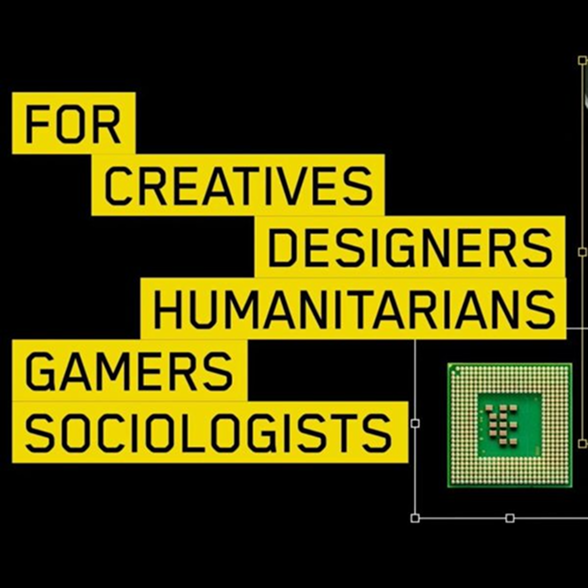
Our entry requirements are designed to open pathways to higher education for students from a wide range of academic backgrounds. Like Arizona State University, we measure our success not by whom we exclude, but by whom we include – and how well they thrive.
The criteria below are provided as a guide to help you determine whether ASU London is the right fit for you:
English language requirements: English level can only be demonstrated through an IELTS Academic for UKVI minimum score of 6.0 (with no less than 5.5 in all skills).
Visas: For more information on student visas and work rights, please visit our student visa page.
Scholarships: The Inaugural Global Scholarship is now open for international students. Learn more about funding opportunities here.
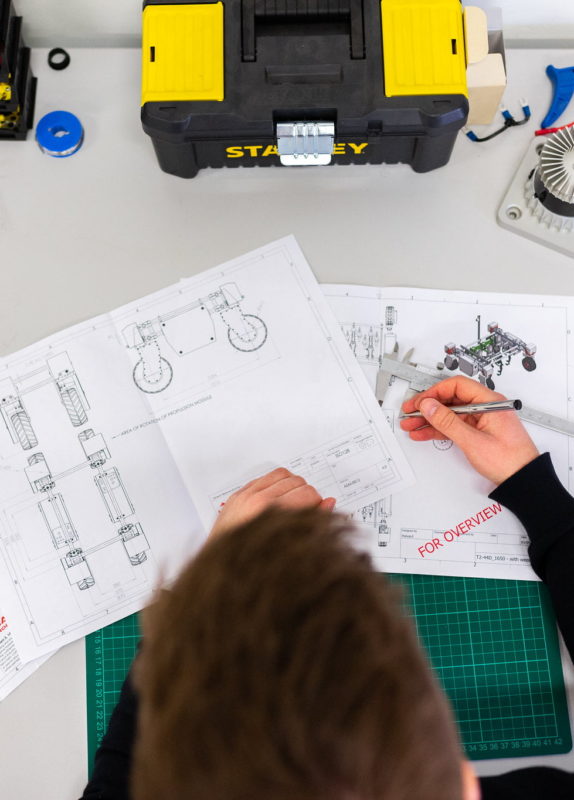
As soon as you start you’ll be on a fast-track to complete your bachelor’s degree and master’s degree in four years.
To support your development as an engineer, you’ll be assessed in a variety of ways that reflect both professional practice and technical understanding.
These include: Individual and group assessments such as reports, presentations, vivas, tests, log books, and portfolios.
This mix of methods gives you the chance to demonstrate your skills in different formats and ensures fair opportunities for all learning styles.
Group work is an important part of the programme, and a clear group working policy is in place to make sure contributions are consistent and fairly recognised.
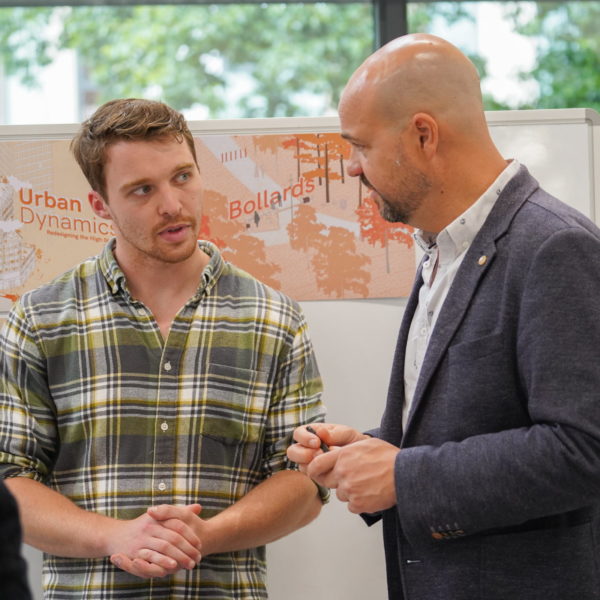

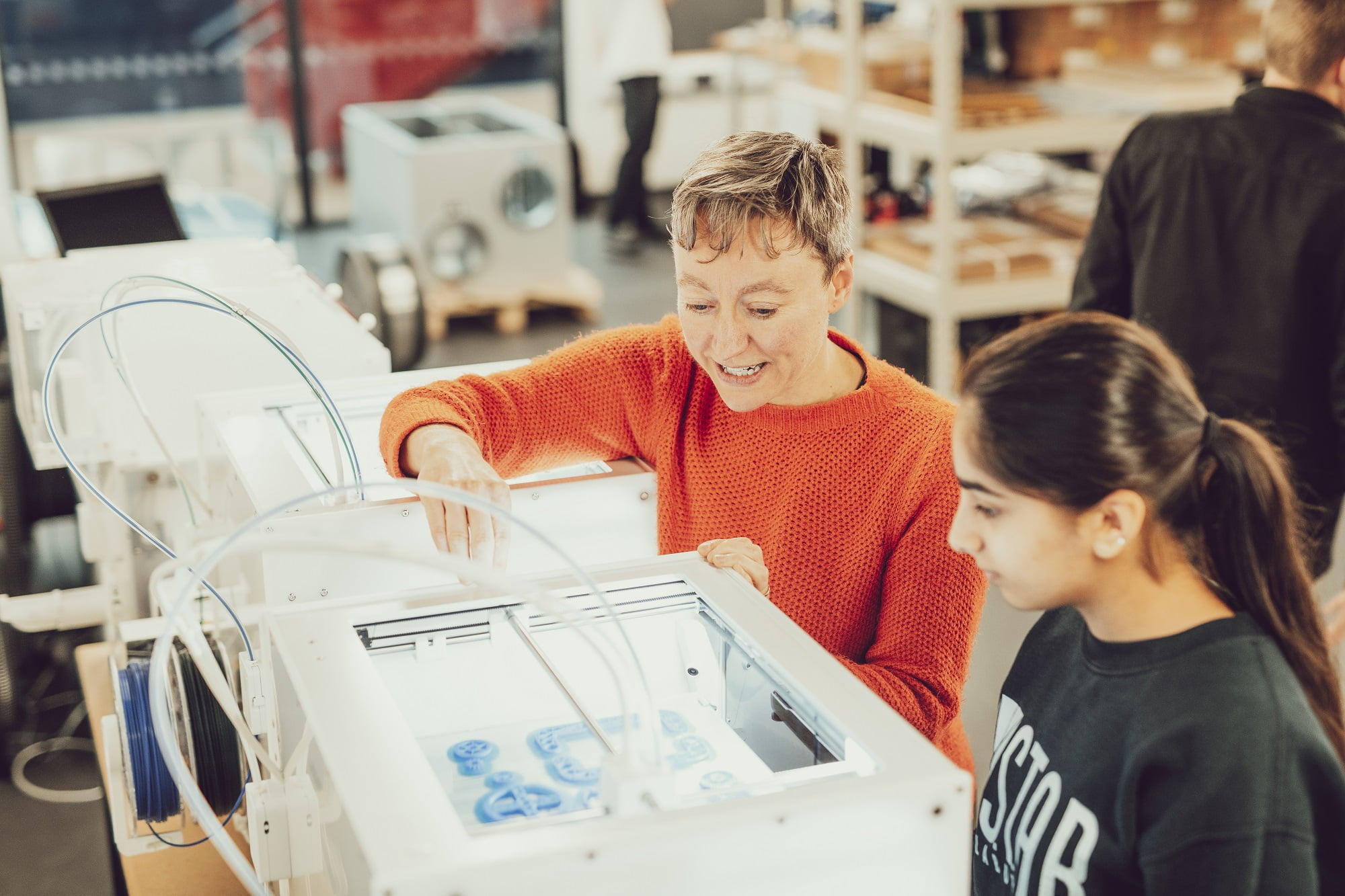
As an undergraduate student, you will study modules totalling 120 credits each academic year. A typical 15 credit module requires a total of 150 hours study. This is made up of teaching contact hours, guided and independent study.

ASU London bachelor’s degree programmes are shaped in collaboration with Arizona State University. This includes academics and experts in the US and the UK. The master’s degree is developed by Arizona State University’s highly-ranked Ira A. Fulton Schools of Engineering.
Our founder and partner, Arizona State University is at the forefront nationally and internationally in advancing research and discovery with:
Accommodation guidance
Appeals, complaints and misconduct
Finance guidance
International student support
Welcome and induction
On-campus events
Signposting to job opportunities
Wellbeing
Counselling and mental health
Disability support/ learning success
Student feedback
UK Fees at ASU London
Bachelor of Engineering:
UK & Ireland, full-time – £9,275 per year
International, full-time – £23,600 per year
Discounts, loans, scholarships: We offer a range of scholarships and funding opportunities. See here for more information, or contact our enrolment advisors and enquire now.
In relation only to UK work rights, currently ASU London’s UKVI student sponsor license does not allow our sponsored international students to work in the UK, either during their studies or after they graduate.
This does not relate to post-study work rights in the US if you choose to continue your studies and complete your master’s degree at Arizona State University.
We are working towards full UKVI student sponsor status and will keep international applicants informed on progress. It is subject to ASU London continued UKVI compliance and subsequent approval from the UKVI. Once ASU London has UKVI full sponsor status:
Your enrolment advisor will keep you informed as to progress on this important information during your application process.
For more information on student visas and work rights, please visit our student visas page.
No. ASU London is an independent, UK accredited higher education institution with degree-awarding powers from the Office for Students. It is supported by Arizona State University and also partner Cintana Education.
ASU London provides UK students and international learners with the opportunity to study in one of the world’s best 3 best student cities (QS Best Student Cities 2026), while gaining access to internationally recognised postgraduate degrees from Arizona State University, ranked in the top 1% of all universities globally (CWUR 2025).